|
From an Email received 28 October 2022.
Daylight Inn, Petts Wood.
It transpires that a chap called William Willett, who was a builder
in the Edwardian era, came up with the idea of introducing British
Summer Time (also known as Daylight Saving Time) as early as 1907.
Mr Willett was a keen outdoorsman and it was not lost on him, that
by using Greenwich Mean Time all year round, people were still fast
asleep at sunrise (c.3am) but still keen to party at sunset, which
was as early as 9pm, even on midsummer's day (21st June).
Willett wrote and privately published a pamphlet entitled "The Waste
of Daylight" as a way of persuading people to get up earlier, by
putting the country's clocks forward. He postulated that this would
make better use of daylight, improve people's health and thus make
them happier. All this, Willett said, would save the UK £2.5
million: an absolute fortune in Edwardian days! As at 2022, this
would be around £200 million!
Willett suggested that UK clocks should be advanced by 4 x 20
minutes in April and reversed the same way during September.
However, this idea was rejected in parliament and the "Daylight
Saving Bill" was thrown out, when it was introduced in 1909.
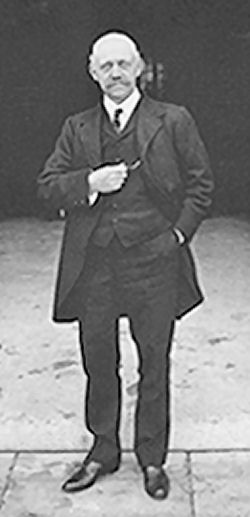 Mr Willett was, however, made of stern stuff and didn't let this
minor setback deter him. He spent the remainder of his life putting
his argument forward and did what he could to try and convince
people that adopting Daylight Saving Time was a good idea. The
turning point was the outbreak WW1 in August 1914. Due to the need
for the warring countries to be as efficient as possible, Germany
adopted DST on 30th April 1916, followed by the UK on 21st May, with
most of the rest of Europe following suit soon afterwards. Hurrah
for William Willett then? Sadly not, as he had died of influenza in
1915 at the age of just 58. Mr Willett was, however, made of stern stuff and didn't let this
minor setback deter him. He spent the remainder of his life putting
his argument forward and did what he could to try and convince
people that adopting Daylight Saving Time was a good idea. The
turning point was the outbreak WW1 in August 1914. Due to the need
for the warring countries to be as efficient as possible, Germany
adopted DST on 30th April 1916, followed by the UK on 21st May, with
most of the rest of Europe following suit soon afterwards. Hurrah
for William Willett then? Sadly not, as he had died of influenza in
1915 at the age of just 58.
William Willett wasn't the first person to point out that it might
be better to utilise daylight hours more efficiently. In 1784, the
renowned polymath, Benjamin Franklin, penned a slightly satirical
letter to Le Journal de Paris, pointing out that poor people were
sleeping through hours of good daylight, yet burning expensive
candles in the evening.
During WW2, British clocks were not put back at the end of DST which
meant that we had, in effect, Double Summer Time from 1941 onwards.
This maximised the potential for using all available daylight hours
in England and Wales but the Scots were neither impressed, nor very
happy! Clocks were brought back to GMT in the autumn of 1945 but
only two years later, as a result of critical fuel shortages, clocks
were advanced twice in the spring. They were returned to GMT in the
autumn. This was the last time that Britain operated Double Summer
Time, although there have been occasional calls for it to be
re-introduced but presumably, these have not been from north of the
Tweed!
William Willett died at home in Bromley on 4th March 1915. His
effort, to make more efficient use of daylight hours, is
commemorated, in nearby Petts Wood, by a sundial, which is
permanently set to Daylight Saving Time.
Also in Petts Wood, the 1920s "Brewers' Tudor" Daylight Inn was
named in honour of William Willett and just round the corner there
is a street called Willett Way. Creativity clearly being in the
blood, William Willett is the great-great-grandfather of Coldplay's
lead singer Chris Martin.
The photo of William Willett is circa 1910.
Cheers.
Rory Kehoe. |
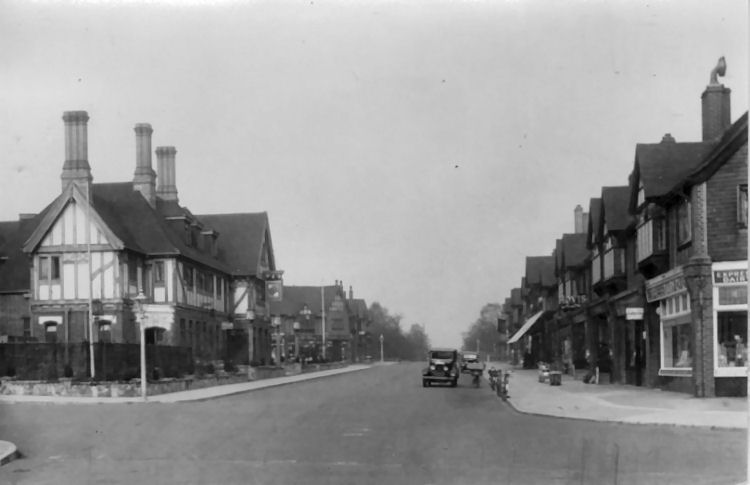
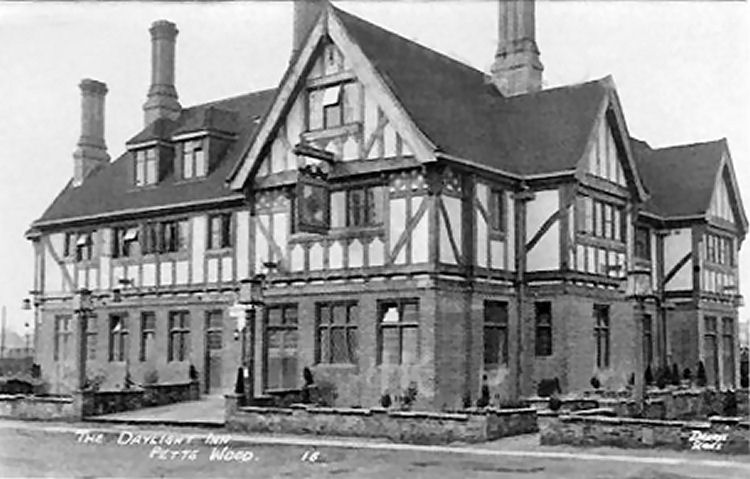
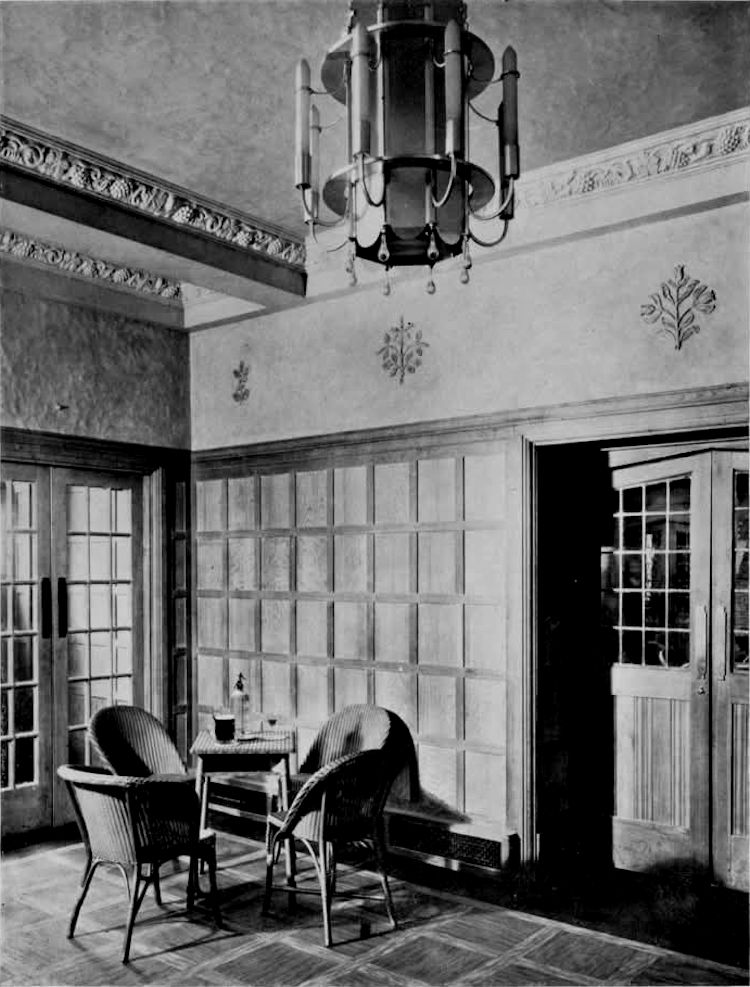
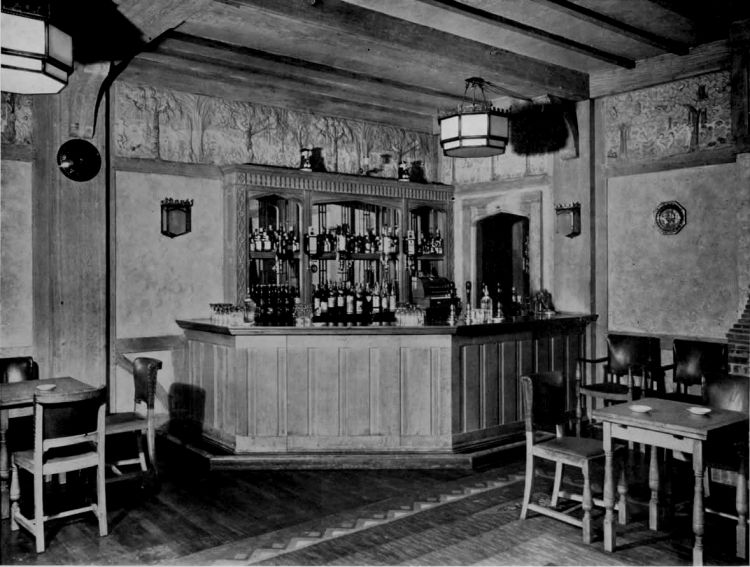
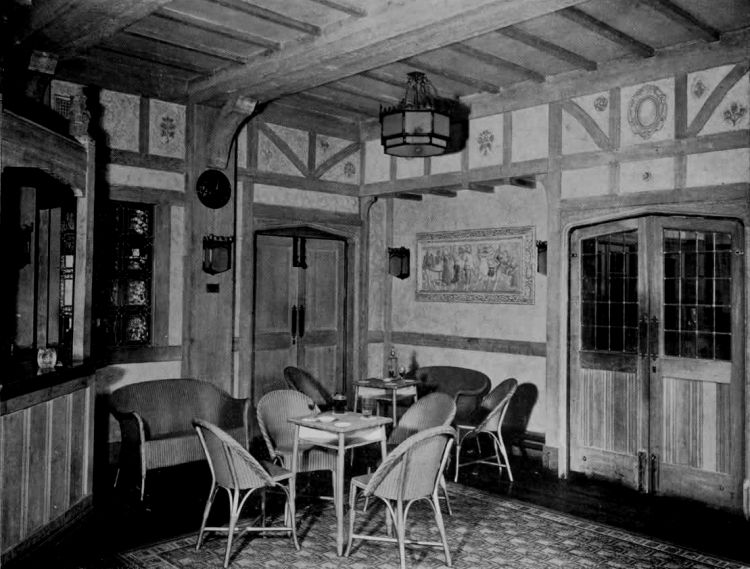
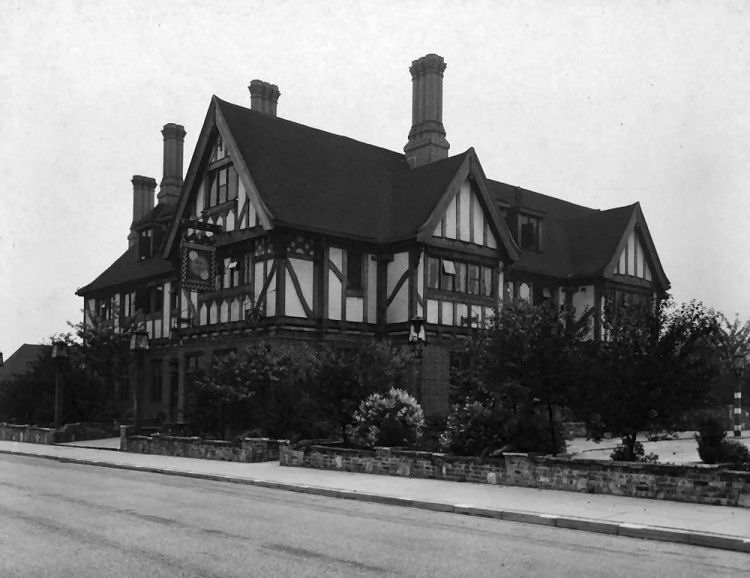
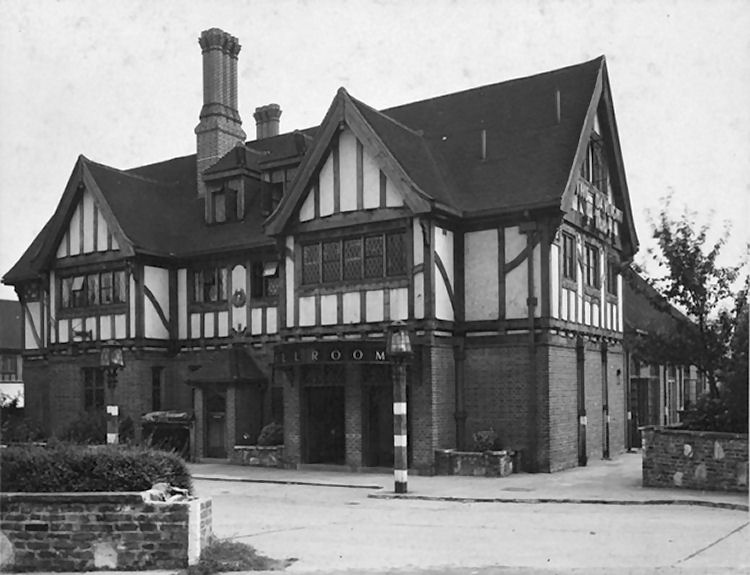
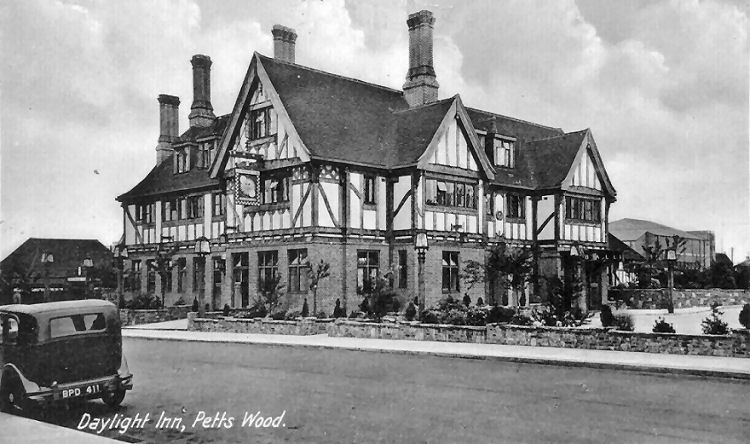
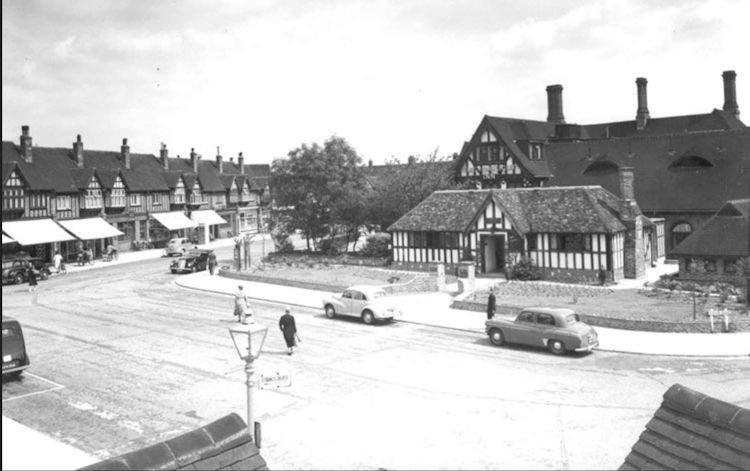
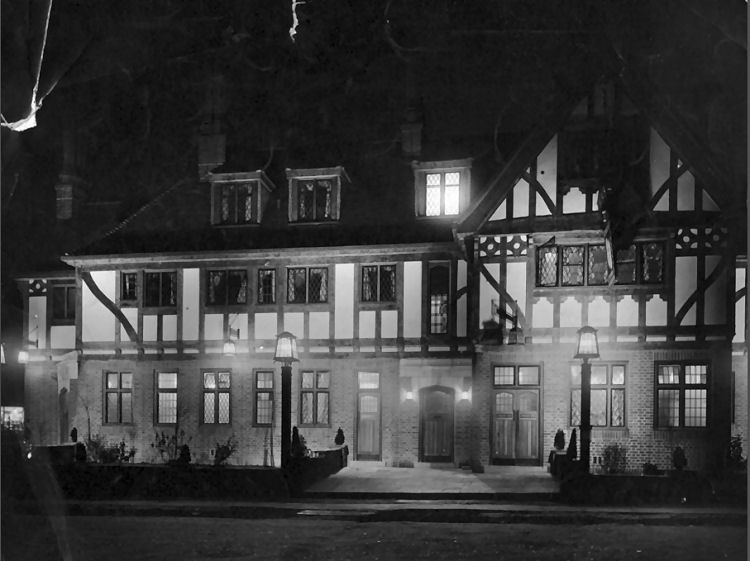
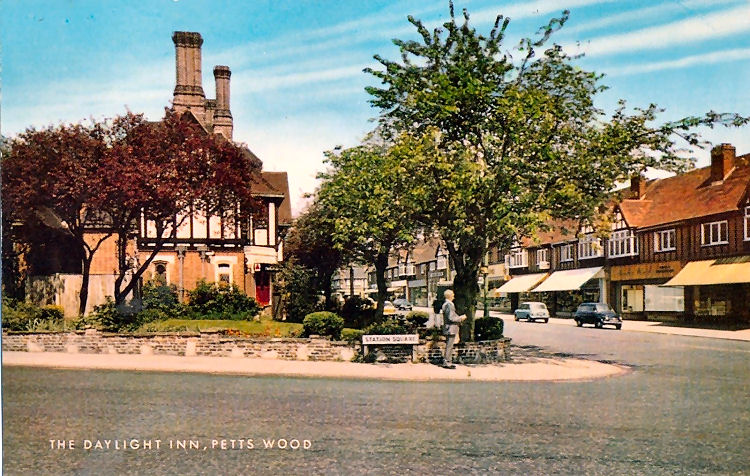
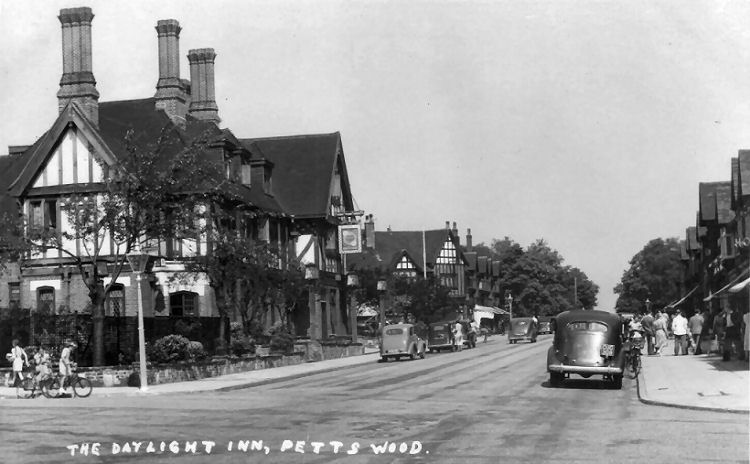
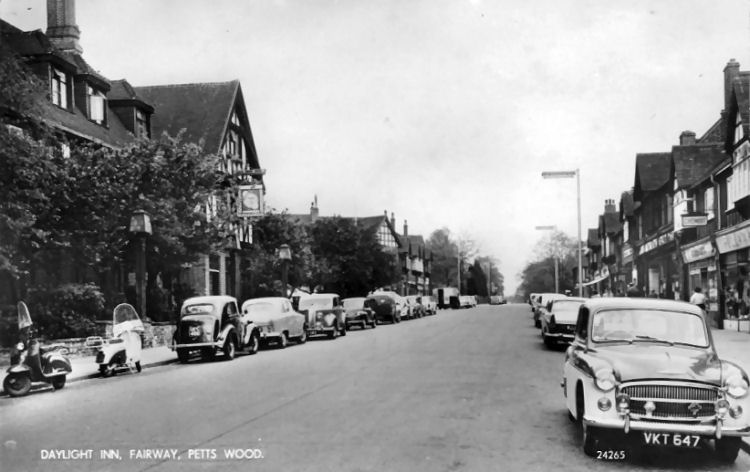
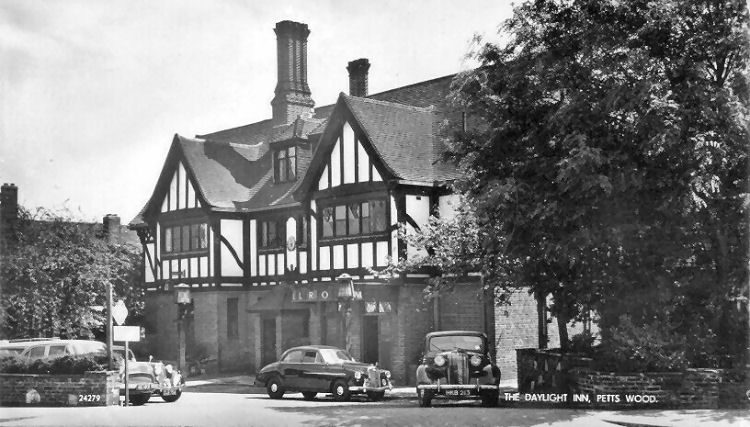
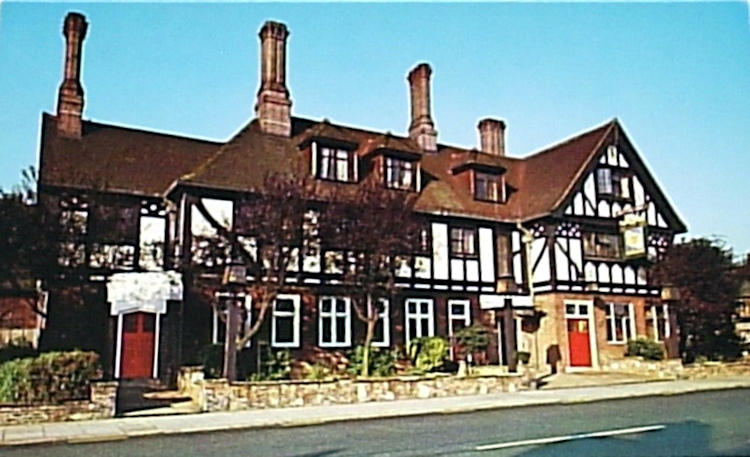
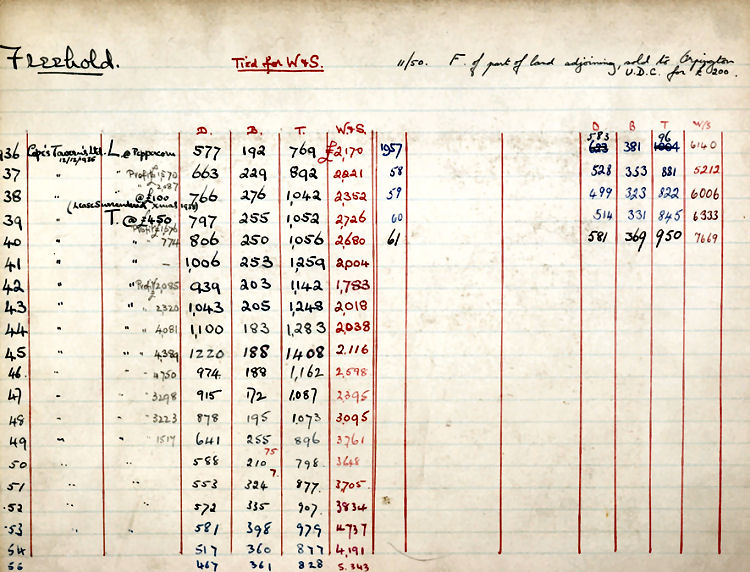
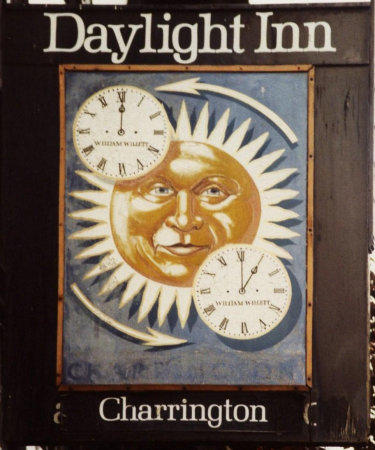
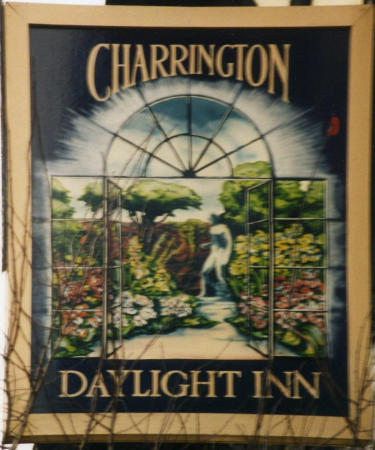
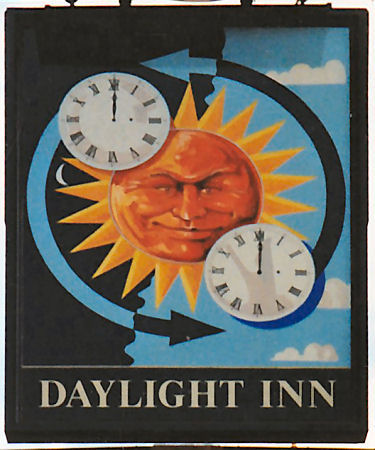
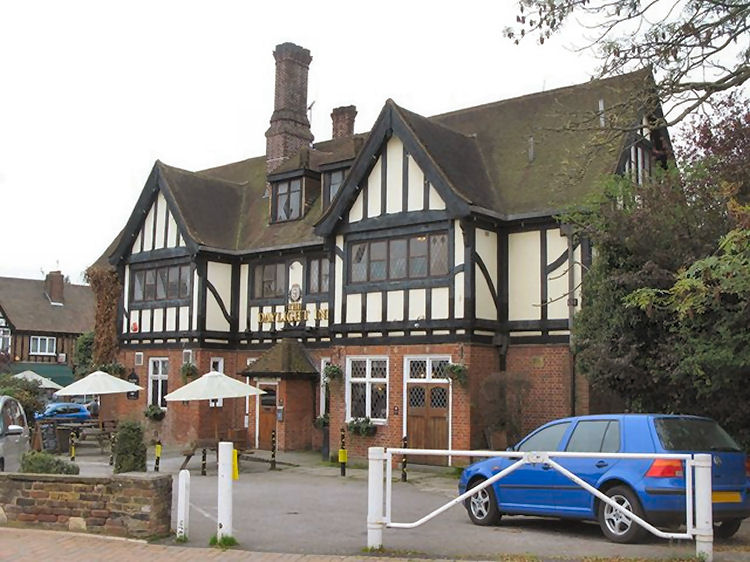
 Mr Willett was, however, made of stern stuff and didn't let this
minor setback deter him. He spent the remainder of his life putting
his argument forward and did what he could to try and convince
people that adopting Daylight Saving Time was a good idea. The
turning point was the outbreak WW1 in August 1914. Due to the need
for the warring countries to be as efficient as possible, Germany
adopted DST on 30th April 1916, followed by the UK on 21st May, with
most of the rest of Europe following suit soon afterwards. Hurrah
for William Willett then? Sadly not, as he had died of influenza in
1915 at the age of just 58.
Mr Willett was, however, made of stern stuff and didn't let this
minor setback deter him. He spent the remainder of his life putting
his argument forward and did what he could to try and convince
people that adopting Daylight Saving Time was a good idea. The
turning point was the outbreak WW1 in August 1914. Due to the need
for the warring countries to be as efficient as possible, Germany
adopted DST on 30th April 1916, followed by the UK on 21st May, with
most of the rest of Europe following suit soon afterwards. Hurrah
for William Willett then? Sadly not, as he had died of influenza in
1915 at the age of just 58.